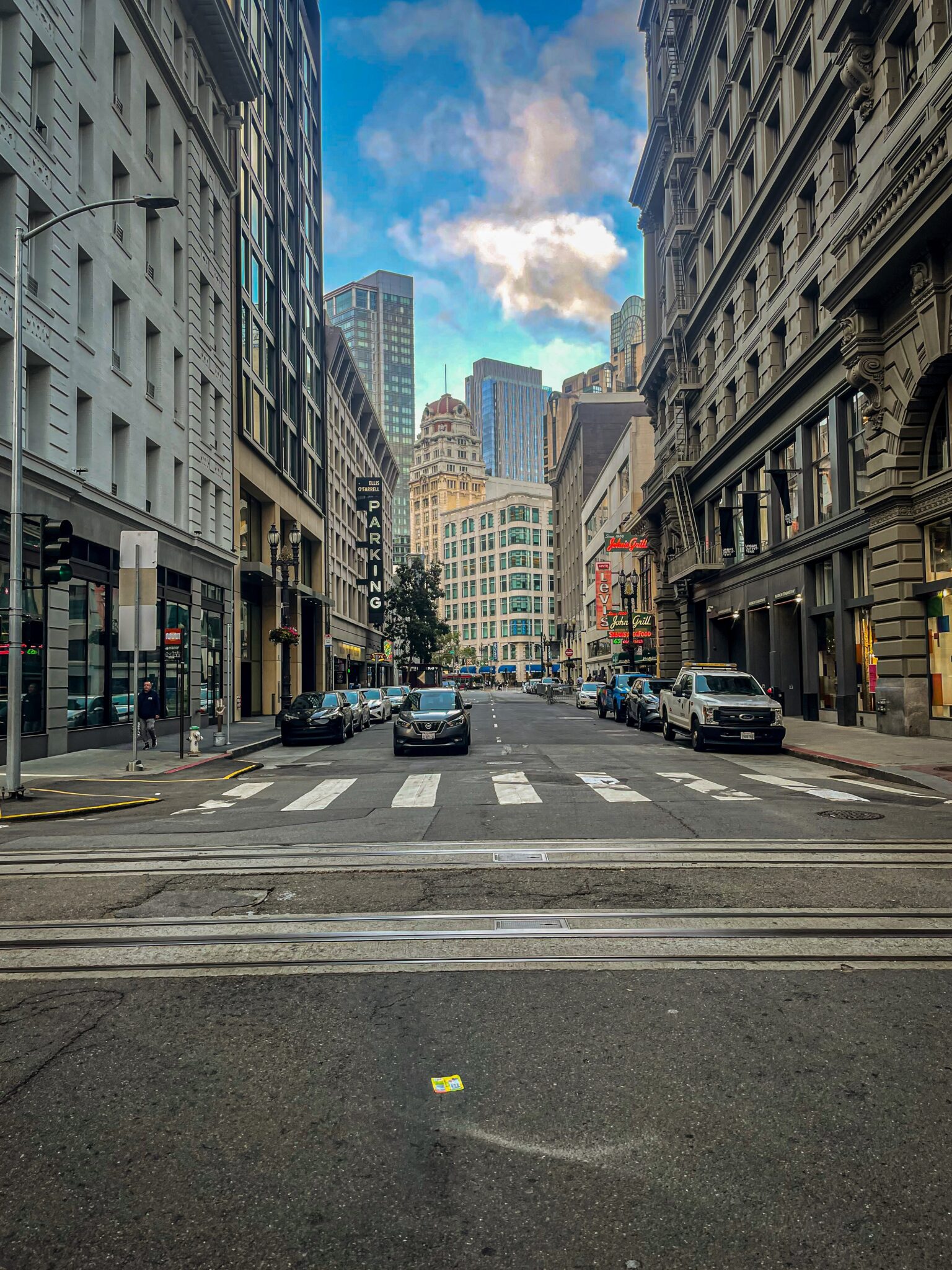
John Fry is a student at Harvard Law School.
In today’s news and commentary, San Francisco renters go on strike; a trademark suit against Trader Joe’s United is dismissed; and Alabama governor Kay Ivey warns against unionization.
A group of renters in San Francisco’s Tenderloin neighborhood are staging a rent strike, aided by a local law that creates legal protections for tenant unions. The strikers are demanding that their corporate landlord address harmful living conditions such as mold. They are depositing their rent into a trust in the meantime. San Francisco’s “Union at Home” law protects efforts to organize tenant unions and requires landlords to meet and confer with the unions in good faith. Labor law scholars have encouraged lawmakers to use labor unions as a model for constructing countervailing power for other groups, such as debtors and welfare recipients. The Tenderloin rent strike shows the promise of this approach.
A federal district court in California has dismissed Trader Joe’s trademark lawsuit against Trader Joe’s United, the union representing some of its workers. The grocer argued that the union’s logo, featured on merchandise sold online, was too similar to the store’s own logo, and that customers might confuse the two. The judge not only rejected these claims, but warned that the lawsuit came “dangerously close” to warranting sanctions, which may be imposed for a frivolous lawsuit or one with improper motives. Eyes will now turn to a similar lawsuit that Starbucks launched against Starbucks Workers United in October as part of the company’s many-front legal battle against the union.
Alabama governor Kay Ivey is urging the state’s auto workers not to unionize, as the United Auto Workers target non-union automakers concentrated in the South in the wake of their contract victory at Detroit’s “Big Three.” UAW’s campaign at a Mercedes-Benz plant near Tuscaloosa went public last week after 30% of workers signed union cards. The union has adopted a “30-50-70” strategy for its new organizing drives. A campaign will go public after reaching 30% support in a plant. At 50%, UAW president Shawn Fain will lead a community rally. At 70%, the union will demand recognition or file for an NLRB election. Non-union automakers, most recently Tesla, have been boosting wages in hopes of staving off unionization.






Daily News & Commentary
Start your day with our roundup of the latest labor developments. See all
July 11
Regional director orders election without Board quorum; 9th Circuit pauses injunction on Executive Order; Driverless car legislation in Massachusetts
July 10
Wisconsin Supreme Court holds UW Health nurses are not covered by Wisconsin’s Labor Peace Act; a district judge denies the request to stay an injunction pending appeal; the NFLPA appeals an arbitration decision.
July 9
the Supreme Court allows Trump to proceed with mass firings; Secretary of Agriculture suggests Medicaid recipients replace deported migrant farmworkers; DHS ends TPS for Nicaragua and Honduras
July 8
In today’s news and commentary, Apple wins at the Fifth Circuit against the NLRB, Florida enacts a noncompete-friendly law, and complications with the No Tax on Tips in the Big Beautiful Bill. Apple won an appeal overturning a National Labor Relations Board (NLRB) decision that the company violated labor law by coercively questioning an employee […]
July 7
LA economy deals with fallout from ICE raids; a new appeal challenges the NCAA antitrust settlement; and the EPA places dissenting employees on leave.
July 6
Municipal workers in Philadelphia continue to strike; Zohran Mamdani collects union endorsements; UFCW grocery workers in California and Colorado reach tentative agreements.